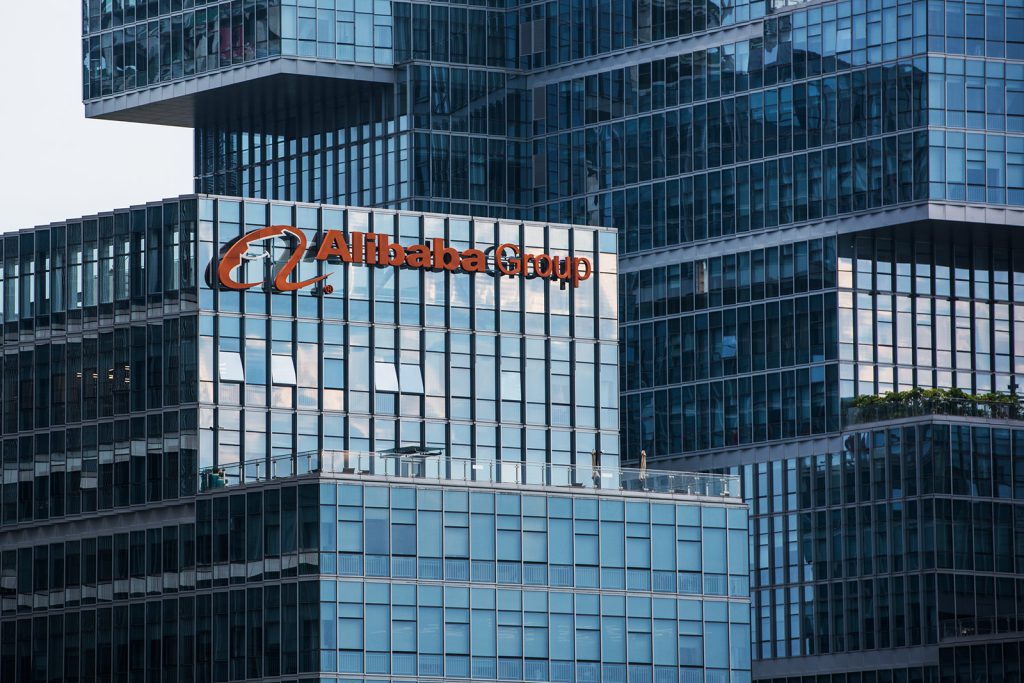Disclaimer: Unless otherwise stated opinions expressed below belong solely to the author.
Not a month has passed since the news broke of another capital injection into Lazada by its Chinese parent, Alibaba, worth US$634 million (S$843 million) and yet the company decided to shock thousands of its employees by laying them off right after they returned to work from a holiday break.
It wasn’t the first support tranche last year either, with another S$1.1 billion in July and S$470 million in April of 2023, followed by another S$2.1 billion received in 2022.
And it’s not like Alibaba is starved for cash, since the company is bringing US$20 billion (S$26 billion) in annual profits from all of its operations — it could easily bankroll Lazada for years without breaking a sweat.

This is markedly different from its Southeast Asian competitor, Sea Ltd., which continues to rely on a few billion it still has in the bank, and so far, irregular and relatively small profits it has managed to squeeze out across 2023.
On paper, then, it seems that Alibaba should use its resources to finally catch up to Shopee, which is currently under pressure, and seize the e-commerce crown in Southeast Asia again. It has the money Sea can’t currently raise (and is unlikely to in the coming years), so why leave the battlefield now?
A toxic mix…
..money & politics. While we can only speculate on the exact reasons, the swirling rumours of an incoming IPO, which would see Lazada open up to international stock investors, suggest that it might have to do something with the current business climate in China.
As I observed in April last year, regular financial injections were not a sign of investment but a preparation to spin Lazada off, likely for political reasons.
It’s no secret, after all, that Chinese tech companies have found themselves under pressure from the government in Beijing, with Alibaba being the first victim following its founder’s, Jack Ma’s, 2020 speech critical of local banking regulators.
Within weeks, the highly anticipated IPO of Ant Group, the financial services arm of Alibaba’s empire, was cancelled, and Ma disappeared from view, never to return to public appearances.
Since then, other companies have either suffered a similar fate- like Didi Chuxing’s infamous delisting from the New York Stock Exchange just months after its IPO in 2021- or tried to diversify away from China, cutting ties with the mainland.
Global fast fashion giant Shein closed its Nanjing business and moved its HQ to Singapore; Temu performed a similar manoeuvre, registering in Ireland, while smaller businesses are moving entire factories abroad to avoid falling victim to either overzealous regulators at home or suspicious ones in the US or Europe.
Last year’s restructuring, which saw Alibaba divide its businesses into six divisions, may suggest that the company is either under political pressure to spin off its foreign operations, or intends to release them from the burden of operating under the watchful eyes of Beijing’s bureaucrats.
We won’t know for sure until we see Lazada’s float — i.e. how many shares Alibaba releases into open trading. This will indicate whether it seeks to give the business more flexibility to operate abroad or get rid of it by selling a majority stake to foreign investors.
However, given the current market aversion towards former growth stocks — which saw listed companies like Grab or Sea Ltd. tank from their record highs by 80 or even 90 per cent — Lazada needs to show profitability before it tries to raise money in the market.
Hence the S$4.5 billion invested in the business by its parent over the past two years coupled with the ongoing ruthless job cuts which reportedly may see 30 per cent of staff across all regions axed, in a brutal pursuit of profits.
For IPO to be a success, Lazada has to look like a healthy business — preferably more so than Sea Ltd. does, to justify a healthy enough valuation for Alibaba to claim it as a success.